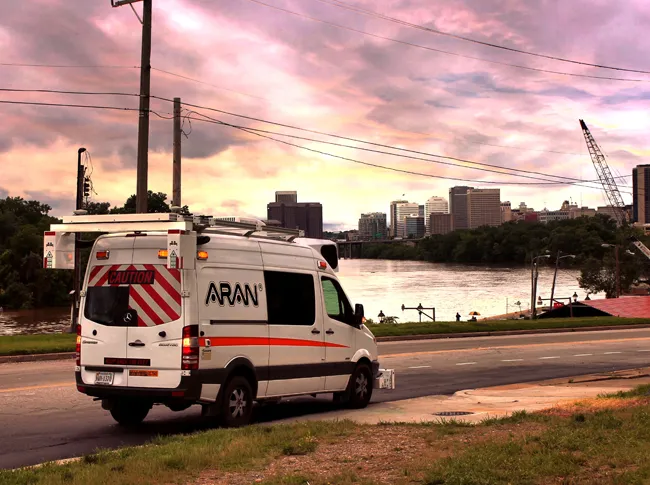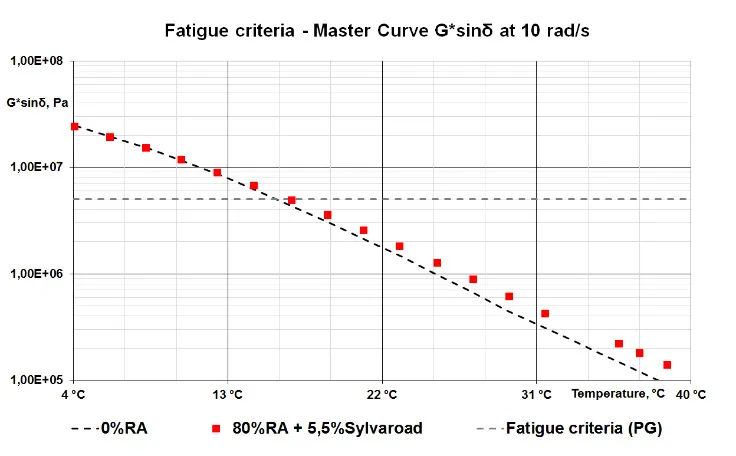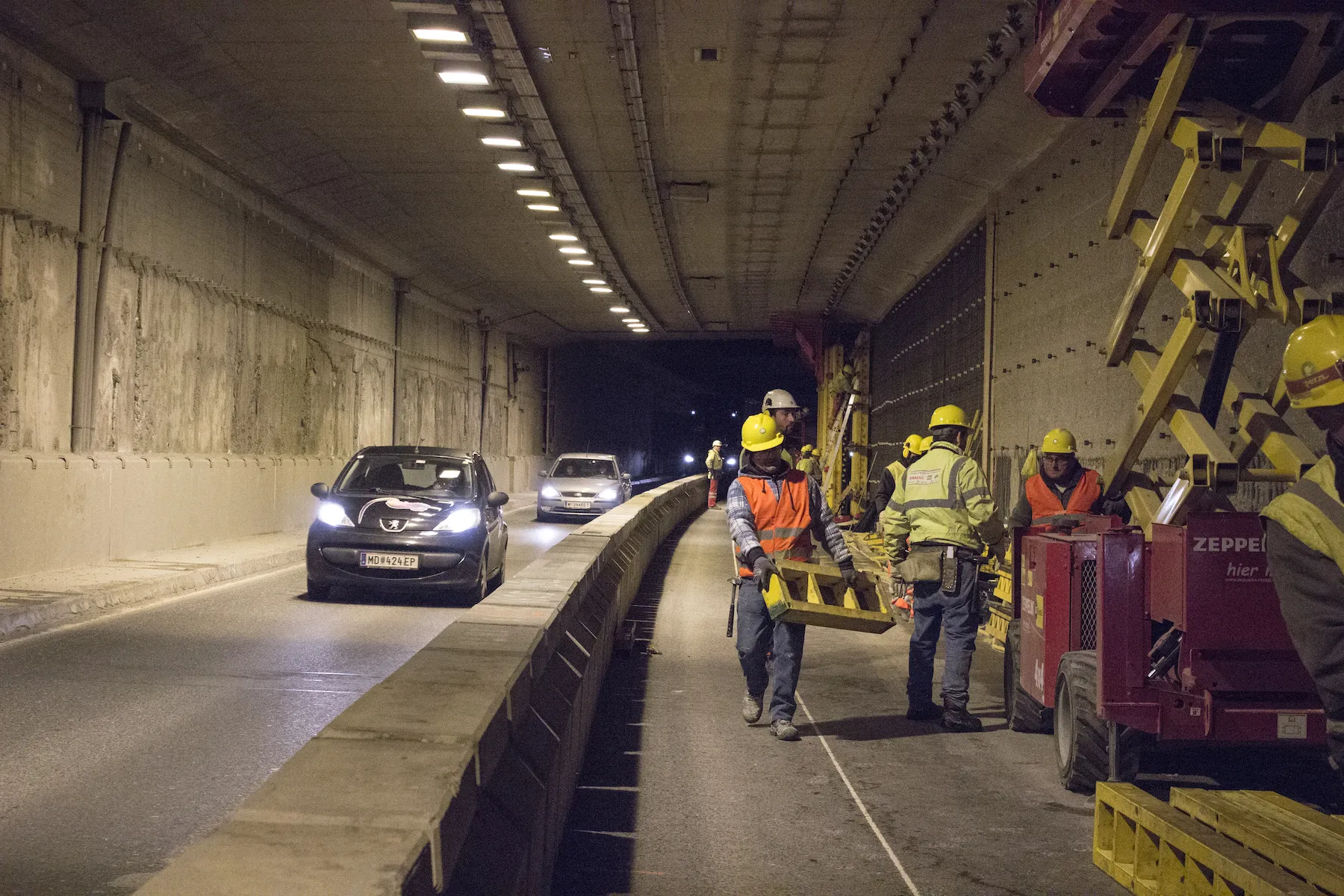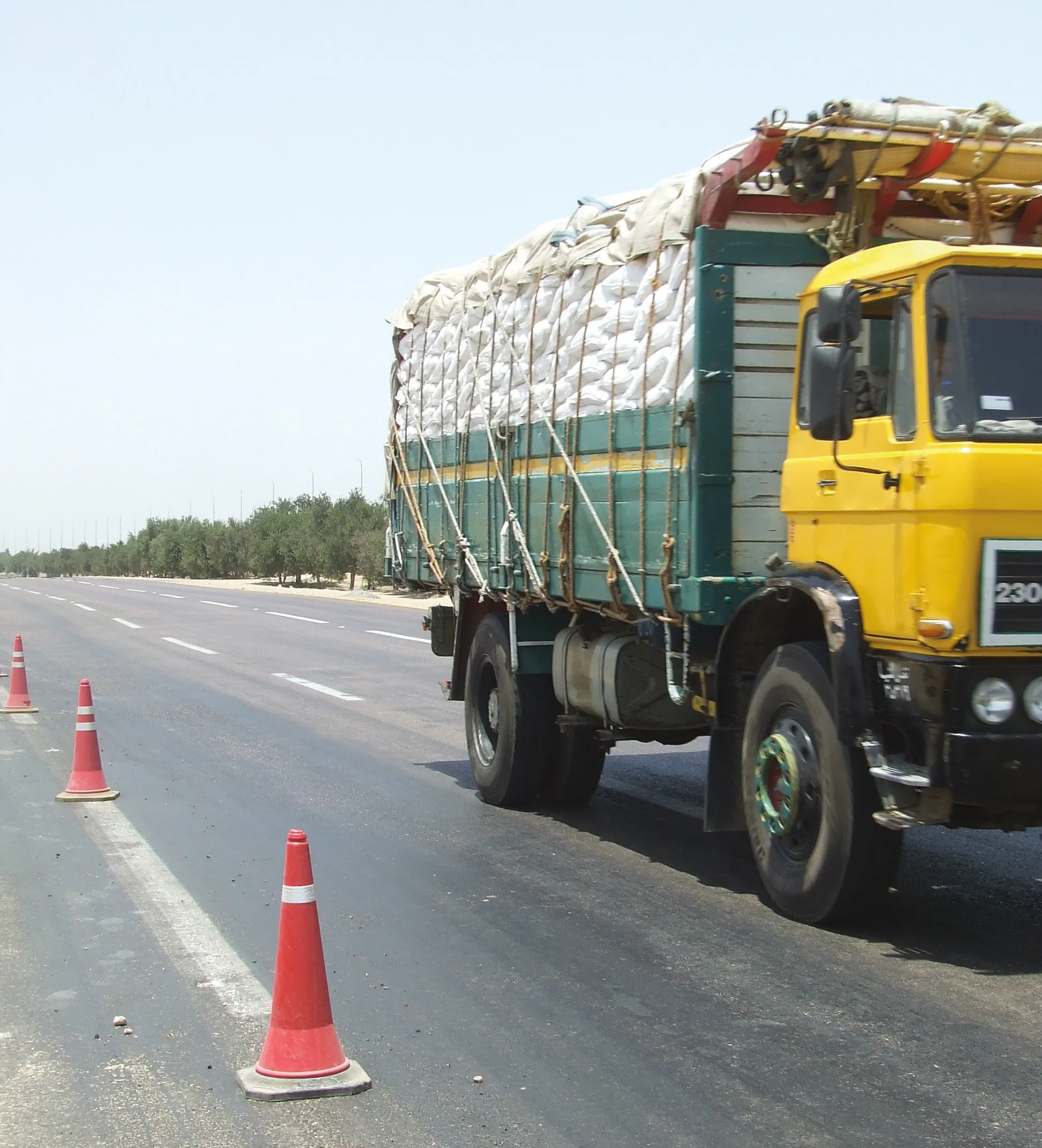
The contract, with an option to extend to 10 years, was awarded by the Dutch infrastructure agency Rijkswaterstaat. It includes the collection of surface condition and road measurement data from 8,600km of principal highways each year.
The company’s Automatic Road Analyser - ARAN - which is adapted to meet European specifications and includes improved crack detection technology. The platform enables surveys to be conducted at traffic speed, providing a cost-effective, safe, precise means of condition monitoring that enables asset managers to identify and predict deterioration and prioritise expenditure, according to the company, based in the Netherlands.
The ARAN provides fully automated collection of multiple data streams via positioning, video and laser imaging systems that can be tailored to project needs. Options include profile, camber, rutting, cracking, texture and roughness as well as pavement thickness and structure based on ground penetrating radar.
Rijkswaterstaat receives a clear picture of network condition in a format that complies with national standards, the company notes. With the condition surveys repeated annually, maintenance plans can be optimised to target areas of deterioration based on high resolution and repeatable datasets.
Richard Bun, Fugro’s project lead, said the updated ARAN “will further enhance the efficient transfer and usability of important data for Rijkswaterstaat’s asset management system”.
Fugro employing around 10,000 people in 65 countries. Clients are mainly in the energy and infrastructure industries, both offshore and onshore. In 2018, revenue was €1.7 billion. The company is listed on Euronext Amsterdam.









